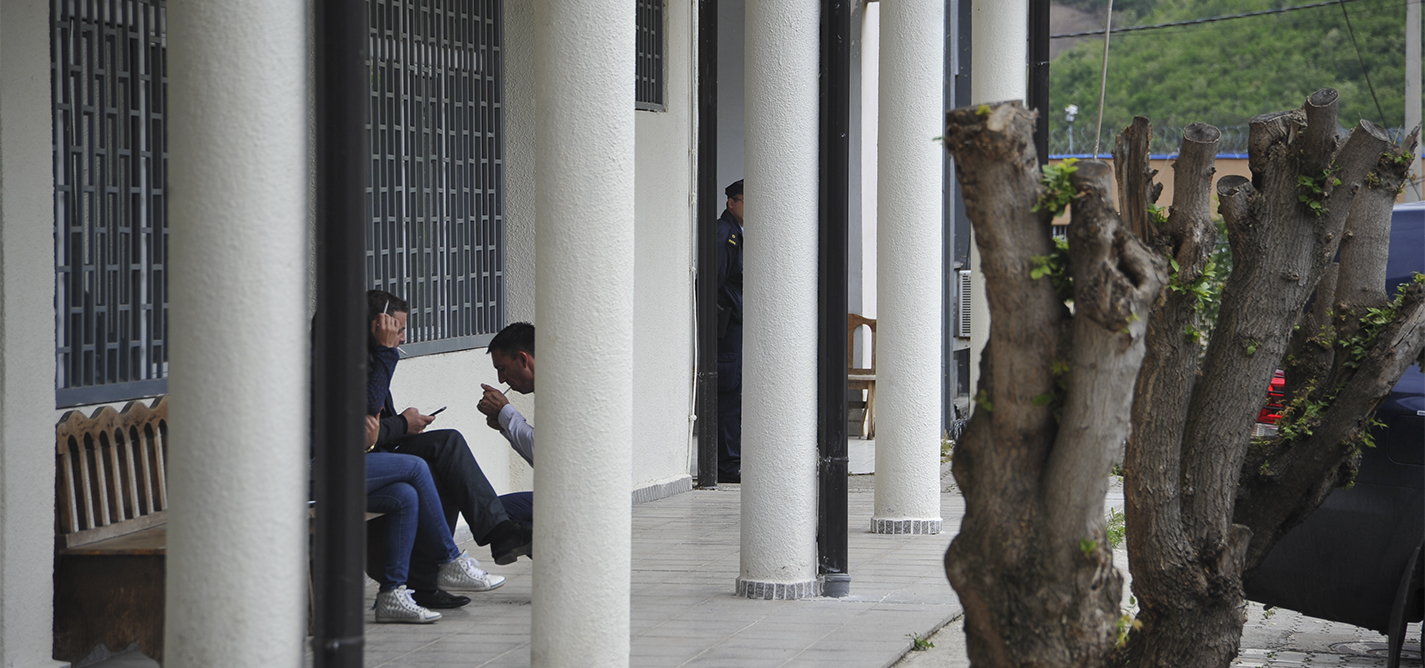
Waiting on the Judges of the North
Extension of Kosovo judicial system reaches crucial step.
"In the 21st century, people need institutional mechanisms, and we are also to blame for this problem, because we have abandoned that part of Kosovo’s population.”
Gjyljeta Mushkolaj, civil rights lecturer at the University of Prishtina
Leonora Aliu
Leonora Aliu is a former K2.0 journalist (2017-18). She studied journalism at the University of Prishtina.
This story was originally written in Albanian.